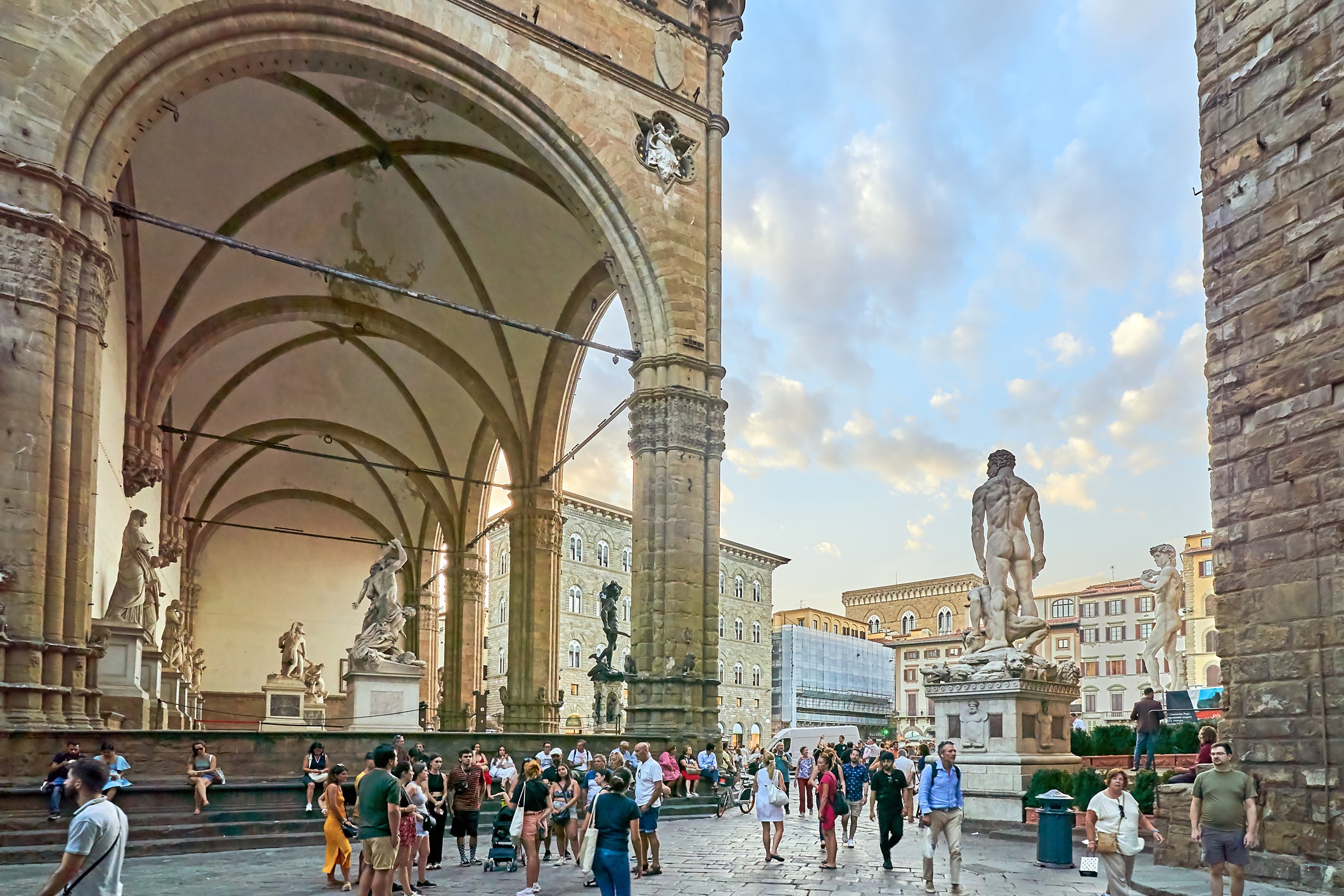Italian city bans Airbnbs in its historic centre
More than 70 per cent of the short-term private rental properties in Florence are within its World Heritage Site

Your support helps us to tell the story
From reproductive rights to climate change to Big Tech, The Independent is on the ground when the story is developing. Whether it's investigating the financials of Elon Musk's pro-Trump PAC or producing our latest documentary, 'The A Word', which shines a light on the American women fighting for reproductive rights, we know how important it is to parse out the facts from the messaging.
At such a critical moment in US history, we need reporters on the ground. Your donation allows us to keep sending journalists to speak to both sides of the story.
The Independent is trusted by Americans across the entire political spectrum. And unlike many other quality news outlets, we choose not to lock Americans out of our reporting and analysis with paywalls. We believe quality journalism should be available to everyone, paid for by those who can afford it.
Your support makes all the difference.Florence in Italy has announced a ban on new short-term private holiday rentals, such as Airbnb listings, in the Renaissance city’s historic centre.
The move is part of an effort to ensure there is available – and affordable – housing for full-time residents.
As one of Italy’s most popular tourist destinations, Florence has seen its housing stock depleted by short-term rentals, which are defined as covering any period of less than 30 days.
Dario Nardella, the mayor of Florence, described the ban as “daring” but legally defensible, reports AP.
“If we don’t try to take politically disruptive actions, no one makes a move,” he said, referring to expectations that the Italian government would adopt a plan that so far allows only Venice to cap the number of days a property can be rented out (at 120 days).
“We are tired of announcements,” he added. “The problem has become structural.”
The row over holiday lets has been bubbling for a number of years. In 2021, officials from Florence and Venice sent a joint decalogo – or 10 commandments – to the Italian government, setting out 10 points that the tourist hotspots wanted to see happen as travellers began to return following the Covid pandemic.
One of the measures they wanted to see was a curb on short-term rentals, which the document said encourages “the emptying out of historical centres because of the surge in costs of renting over medium- and long-term periods.”
At the time, the cities called for a limit of two short-let rental properties per owner in each city, and a 90-day annual limit for rentals.
More recently, students in Florence, as well as other Italian cities such as Milan and Rome, have been camping out in tents on campuses to protest a lack of affordable housing.
Florence has around 11,000 short-term private rental properities. Mr Nardella said that the city would not target the 8,000 that already exist in the historic centre of Florence, which is a Unesco World Heritage Site and home to a 13th-century cathedral, the Uffizi Gallery and the Palazzo Pitti.
Instead, there are plans to offer a tax incentive to owners who convert their properties back to long-term rentals. Under the plan, property taxes on second homes would be cancelled for up to three years, potentially allowing owners to save thousands of euros.
The Independent has contacted Airbnb for comment.
Join our commenting forum
Join thought-provoking conversations, follow other Independent readers and see their replies
Comments